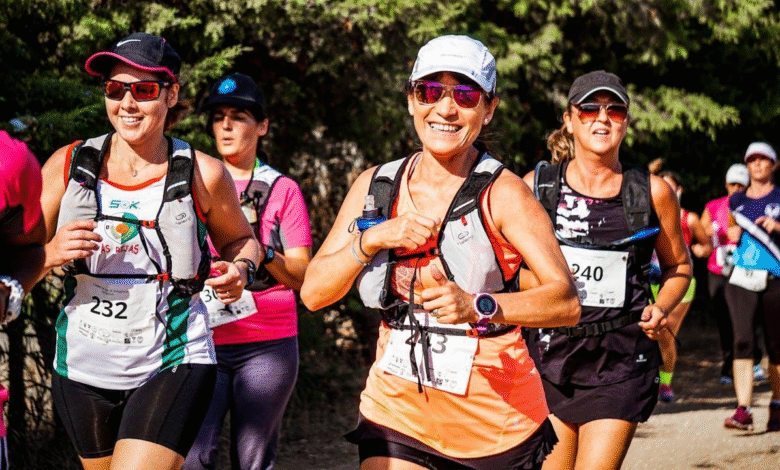Why On-the-Ground Support Can Make or Break a Race Day Experience

On race day, racers come after months or years of preparation. From local charity races to global marathons, many events are exciting and engaging. Competing athletes strive to excel, but their experience extends beyond training. The efficiency, professionalism, and empathy of support staff significantly impact whether the day goes smoothly or becomes a logistical nightmare.
Events with mass participation require ground assistance. The event gathers thousands of contestants and viewers with different competitive expectations. Minor concerns might become significant interruptions without adequately trained staff. Thus, efficient ground-level operations are the most important structural component of a successful race.
Controlling Participant Movements during the Event
One of the ground team’s most visible duties is to ensure participant movement is smooth. Every level requires precise coordination, from guiding runners to starting corrals to finish line logistics. This comprises starting gates and directing runners. When flow is effectively managed, athletes can relax and focus on their performance. If it fails, stress, longer queues, and chaos will result.
To reduce process delays, staff and volunteers must anticipate crowd behaviour and provide clear directions. These individuals reassure runners that someone is in charge, allowing them to focus on their performance.
Making Sure Everyone Is Safe and Providing Immediate Medical Care
Safety is crucial in any run. Large crowds increase the risk of accidents, fatigue, and sickness. Medical tents, mobile responders, and security are available for emergencies. The event’s reputation and the safety of its participants depend on this swift response. Players can push themselves to realise their potential, knowing that professionals surround them. Secure environments make viewers feel comfortable. Security has an impact on the race environment.
Creating a Motivating Environment
Ground support includes mental, physical, and emotional considerations. Several factors improve participant morale and enthusiasm. Marshals guide runners through difficult stretches, volunteers offer water, and staff applaud finishers. Small interactions can make a significant difference, particularly when people are tired or uncertain about their endurance. Many runners remember a volunteer’s smile or support as much as finishing. The event becomes more human by making athletes feel like part of a community rather than just numbers.
The Balance between Being Seen and Invisible Is Tricky
The best ground support professionals know when to stand out and when to blend in. These individuals must be visible to the crowd at the start line, hydration stations, and medical stations. At times, their efficiency enables them to blend in seamlessly, leaving guests unaware of the work taking place behind the scenes.
Despite extensive planning and organisation, reaching this equilibrium provides a smooth and easy race for everyone.
Assessing Race Significance on Competition Day
The quality of ground assistance and competition performance both affect race-day success. These staff workers influence how participants and spectators remember the event through logistics, safety, encouragement, and emotional presence.
Strong ground support makes contestants proud, spectators happy, and organisers famous for quality. Failures put a shade of frustration over accomplishments. Because of this, ground assistance is not only necessary but also crucial to a race day’s success.




